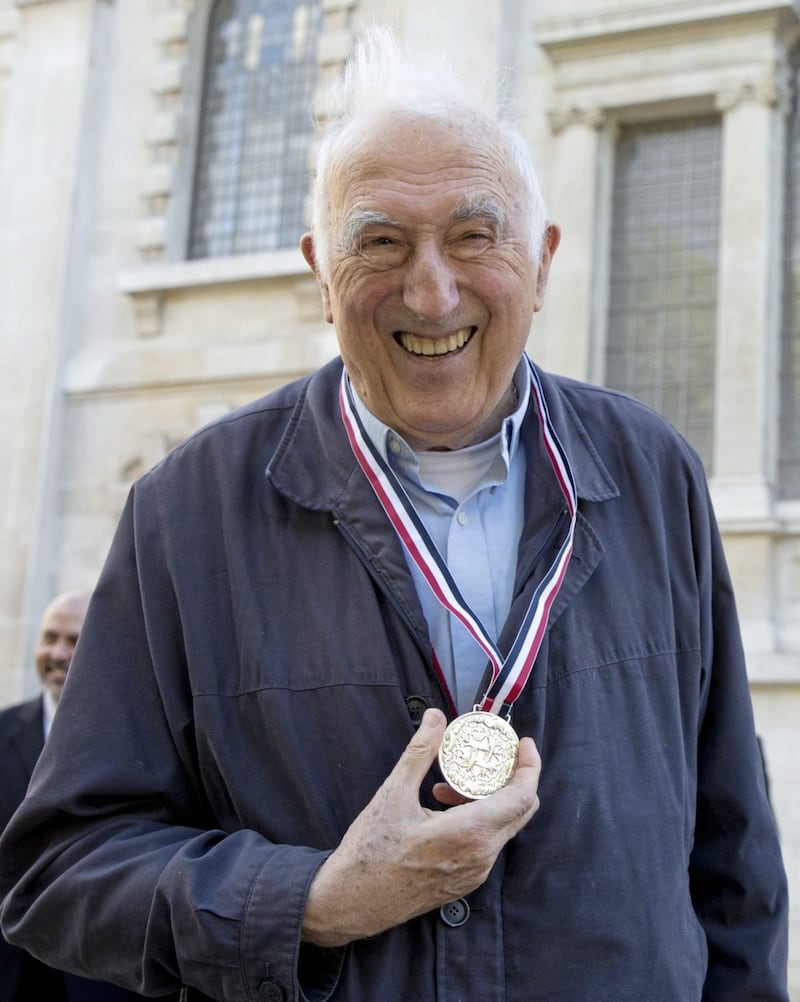JEAN Vanier died in Paris on May 7. For a Church that can often be in disarray, his life can provide much needed guidance to all.
In 1964, Vanier became aware of the institutionalisation of people with learning disabilities in France.
When he visited an institution for those with learning disabilities, he was struck by how dark and frightening and depressing it was.
In addition to this, as Vanier said, "The men had a little work, but the doors were locked."
This led him to take drastic action, and he took in two men who had been confined to such an institution.
Thus was the foundation of L'Arche, a community which welcomes in and celebrates those with learning disabilities.
Amidst the warranted criticisms of the Church, the example of Catholics like Vanier can't be ignored.
L'Arche now has communities in 35 countries around the world, including Ireland, all of which give independence to adults with learning disabilities.
Jean Vanier saw the injustice which was around him and was inspired to take action; we should take note and try to emulate him in our own little way.
It can be simple, such as speaking to a homeless person. How many of us walk past a homeless person without looking in their direction, literally pretending that they don't exist?
Jean Vanier saw the injustice which was around him and was inspired to take action; we should take note and try to emulate him in our own little way
In the Gospels, Jesus was clear about the perils of such an approach to life: "Whatever you did for one of the least of these brothers and sisters of mine, you did for me."
When we ignore the homeless on the streets, we ignore Jesus and his influence in our life.
Jesus' words challenge us, they force us to look at how we lead our lives and how we interact with the most lowly amongst us.
Jean Vanier said: "Jesus is the starving, the parched, the prisoner, the stranger, the naked, the sick, the dying. Jesus is the oppressed, the poor. To live with Jesus is to live with the poor."
It is not always easy to do so, but let this be your weekly challenge; to spend time amongst the poor and the needy.
Pope Francis has also echoed these sentiments, saying: "We Christians cannot stand with arms folded in indifference. As believers, we must stretch out our hands as Jesus does with us."
Jean Vanier recalled one of his visits to an institution for those with learning disabilities, and said: "I saw anger and pain in the faces of these men, but also great tenderness. And each one of them was saying, 'Will you come back?'
"And behind those words I sensed a great cry: 'Why have I been abandoned? Why am I not with my brothers and sisters, who are married and living in nice houses? Do you love me?' A great thirst for friendship."
Nobody deserves to be abandoned, without love or friendship. We cannot offer a home and can scarcely offer friendship to those we pass on the streets, but we can treat them as a human being and refuse to ignore them.
Indeed, Jean Vanier was once asked what 'ordinary people', with jobs and children, can do to help others.
His response was this: "When walking in the streets, passing a homeless person for example, it's not so much a question of, 'Do you give him money?', as 'Do you really look at him as a human being?'"
We as individuals will struggle immensely to change the world like Jean Vanier did. But all of us should be able to look at our fellow brothers and sisters, no matter their circumstances, as human beings.








